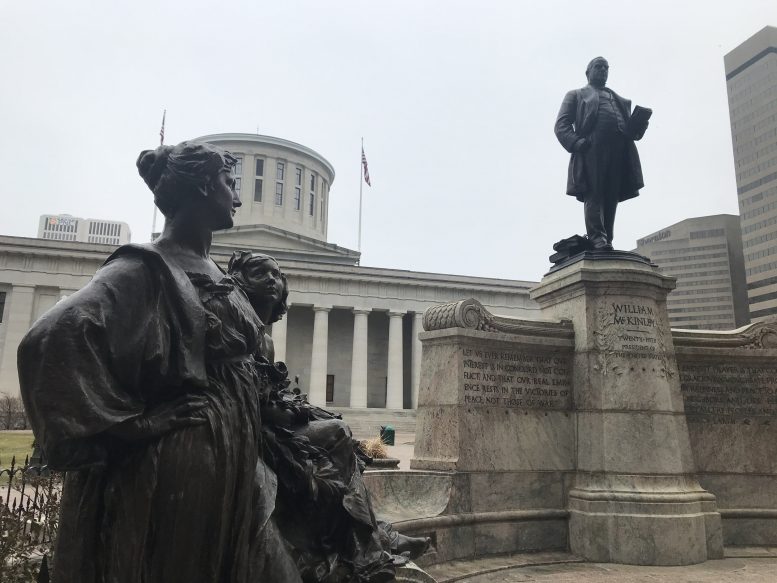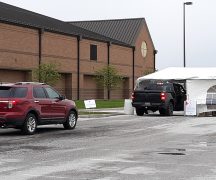BY MEGAN HENRY
More than 342,000 Ohioans have lost their Medicaid coverage so far since the COVID-19 pandemic protections ended April 1, according to the Ohio Department of Medicaid.
Ohioans can lose their Medicaid coverage before they are no longer eligible or they can be unenrolled for procedural reasons — meaning “they don’t respond to the multiple requests for information needed to process a renewal,” Lisa Lawless, the spokesperson for the Ohio Department of Medicaid, said in an email.
Ohioans who lost their Medicaid coverage because of procedural reasons, according to the Ohio Department of Medicaid.
- October — 52,782
- September — 57,292
- August — 59,378
- July — 61,123
- June — 55,666
- May — 49,367
- April — 46,707
Ohioans who lost their Medicaid coverage because they were ineligible for renewal, according to the Ohio Department of Medicaid.
- October — 18,585
- September — 16,297
- August — 16,972
- July — 17,383
- June — 18,990
- May — 23,064
- April — 21,284
Losing Medicaid coverage can really disrupt someone’s life and be traumatic for people, said Kathryn Poe, a budget and health researcher at Policy Matters Ohio.
“You’re seeing families all of a sudden learn when they go to CVS or when they go to the doctor that they’re no longer covered by Medicaid,” Poe said. “A lot of folks didn’t realize that they had to re-enroll. … It’s perhaps coming as a little bit of a shock.”
More than 2.5 million in the United States have lost their Medicaid coverage since April 1 and 71% of those people were unenrolled because of procedural reasons, said Jennifer Tolbert, KFF’s director of the State Health Reform and Data Program and an associate director of its Program on Medicaid and the Uninsured.
“The consequences of losing Medicaid, even for a short period of time can be very disruptive, and in some cases devastating for people,” she said. “Many people enrolled in Medicaid have either significant physical health or mental health challenges or conditions that they are dealing with.”
Anecdotally, Tolbert has heard stories of people who either forgo their medication and suffer the consequences or pay thousands of dollars out-of-pocket after losing their Medicaid coverage, which is the government’s insurance program for low-income and disabled people.
“People in poverty are the people on Medicaid,” Poe said. “It’s affecting people that have probably the least amount of power in our society.”
States unwinding Medicaid
Congress passed the Families First Coronavirus Response Act in March 2020 which gave states enhanced federal matching dollars for their Medicaid programs. Because of this, states were barred from disenrolling people from Medicaid, even if they were ineligible.
But now that COVID is no longer a public health emergency in the United States, states are going through Medicaid unwinding — dropping people who are either no longer eligible or didn’t turn in their paperwork.
Ohio’s disenrollment process
Ohioans may be contacted up to eight times — through the mail, text messages and phone calls — before being unenrolled from Medicaid, Lawless said.
But if someone has moved, changed their number or doesn’t have internet access they might not have been notified about potentially losing their coverage.
“If they can’t get a hold of you after a few times you can just get kicked off,” Poe said. “People are just getting kicked off of their health care coverage, because Medicaid can’t find them. And that feels really rather unacceptable to me.”
More than 3 million Ohioans are enrolled in Medicaid and the Medicaid renewal process starts 60 days before their annual renewal date. Ohioans receive a final notice of disenrollment before losing their coverage, Lawless said.
Ohioans can renew their Medicaid coverage by returning a completed renewal packet to their county Jobs and Families Services office, by calling 1-844-640-6466 or online through the Ohio Benefits eligibility portal.




